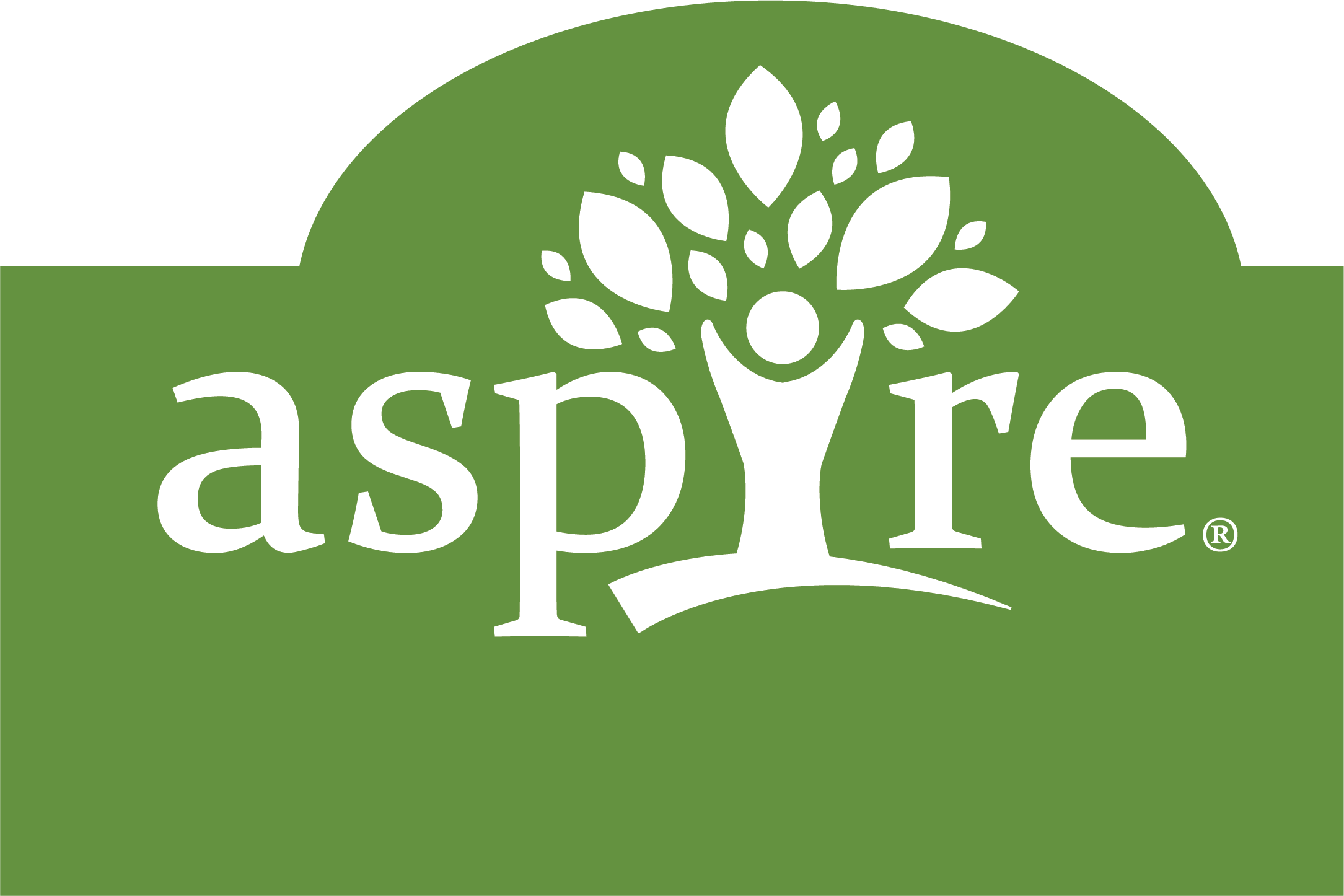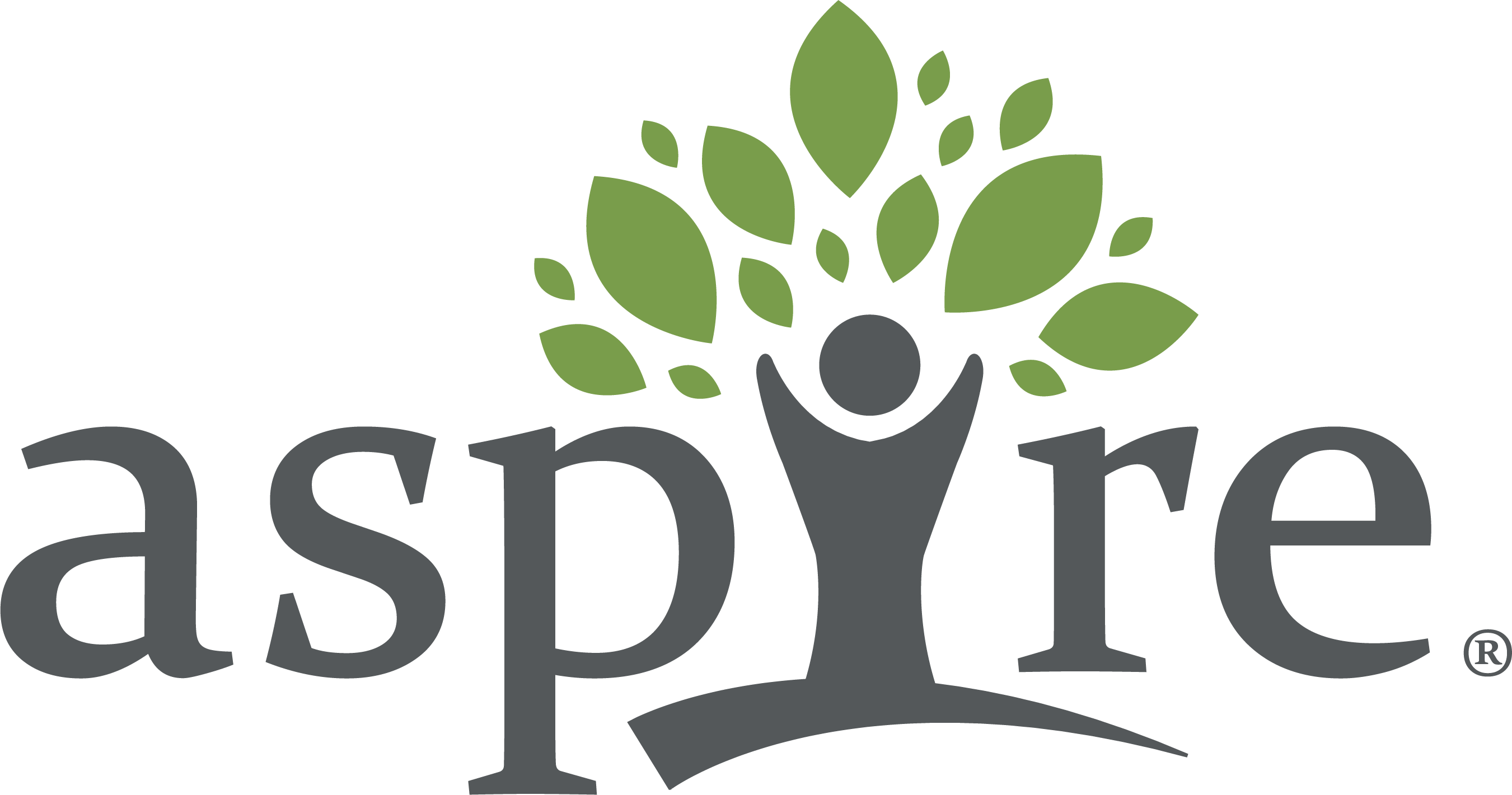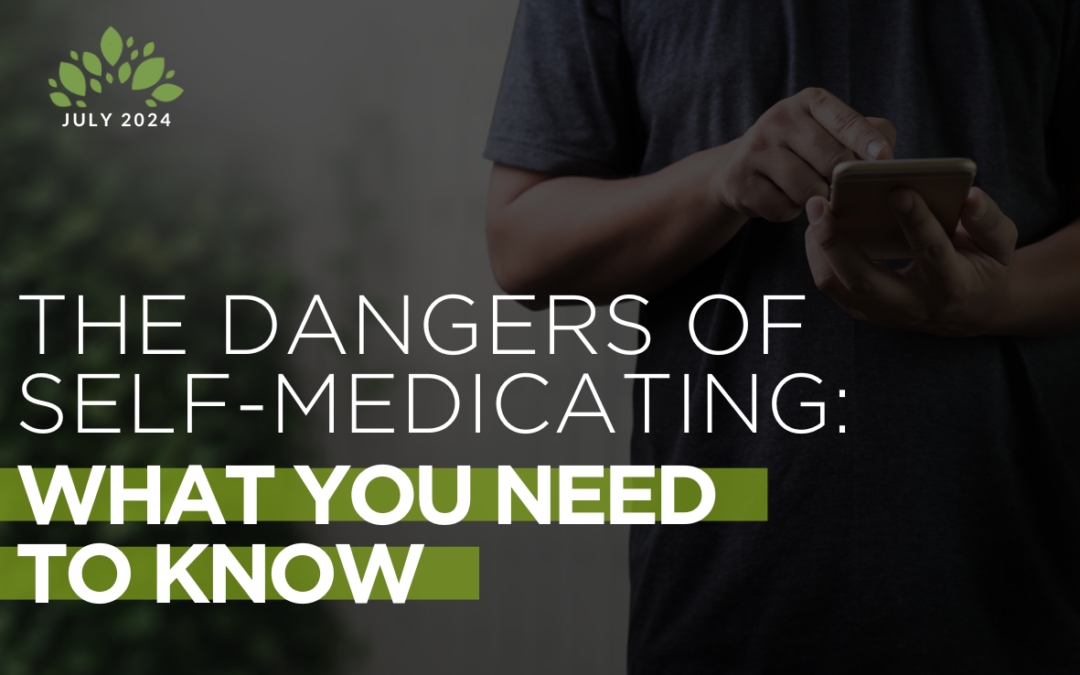The Dangers of Self-Medicating: What You Need to Know
Self-medicating, or the practice of using substances to manage mental health conditions without professional guidance, has become a common yet dangerous approach in our society. Whether it’s turning to alcohol to unwind after a stressful day or using prescription substances without a prescription to cope with anxiety, self-medicating can have serious and long-term repercussions. The accessibility and social acceptability of these substances often mask the underlying dangers they pose. The temporary relief provided by self-medicating can quickly spiral into dependency, leading to worsened mental health symptoms and the development of additional health issues. Furthermore, self-medicating can prevent individuals from seeking the professional help they need, prolonging their suffering and potentially leading to more severe mental health crises.
Understanding the risks and exploring healthier alternatives is crucial for maintaining overall mental health and well-being. Professional intervention, such as therapy and counseling, offers a safe and structured way to address mental health concerns. These services can help individuals develop effective coping mechanisms, understand the root causes of their issues, and provide ongoing support. In addition to professional help, engaging in regular physical activity, practicing mindfulness, and building a strong support network of friends and family are invaluable strategies for managing stress and anxiety. By choosing these healthier alternatives, individuals can achieve a more balanced and sustainable approach to mental health, ultimately leading to a higher quality of life and long-term well-being.
Understanding Self-Medicating
Self-medicating refers to the use of substances, such as alcohol and other substances, to manage symptoms of mental health conditions without professional guidance. This behavior is alarmingly prevalent, with many people unaware of the risks involved. Common substances used for self-medicating include alcohol, prescription medications used without a prescription, and various illegal substances. While these substances might provide temporary relief, they often lead to a cycle of dependence and worsen mental health. The temporary relief provided by self-medicating can mask symptoms, making it challenging for individuals to recognize the need for professional help. This delay in seeking appropriate treatment can result in the progression of the underlying mental health condition, leading to more severe symptoms and complications over time.
The connection between self-medicating and substance use disorders is well-documented. Individuals who self-medicate are at a higher risk of developing a substance use disorder, as they continually seek out substances to manage their symptoms. This reliance can obscure the underlying issues, making them harder to address and treat effectively. Self-medicating can lead to a dangerous cycle where increased tolerance to the substances requires higher doses to achieve the same effect, worsening the risk of addiction. Over time, this can result in significant physical health issues, strained relationships, and a diminished quality of life. Recognizing the signs of self-medicating and understanding its risks is the first step toward seeking healthier, more effective ways to manage mental health.
Healthy Alternatives to Self-Medicating
Fortunately, there are healthier ways to cope with mental health conditions that do not involve the risks associated with self-medicating. Seeking professional help is one of the most effective strategies. Therapy and counseling provide a safe environment to explore underlying issues, develop coping strategies, and receive support from trained professionals. These services can be tailored to individual needs, addressing specific concerns and fostering a sense of understanding and validation. Additionally, many therapists incorporate evidence-based practices, such as Cognitive Behavioral Therapy (CBT) and Dialectical Behavior Therapy (DBT), which have been proven to effectively manage a wide range of mental health conditions.
Developing coping strategies is another vital component of managing mental health. Techniques such as mindfulness, exercise, and meditation can help reduce stress and improve overall well-being. These practices promote a healthier mind-body connection and can be integrated into daily routines to provide lasting benefits. Regular physical activity, for example, releases endorphins that enhance mood and reduce anxiety. Mindfulness exercises, including deep breathing and progressive muscle relaxation, can help ground individuals in the present moment, alleviating feelings of overwhelm. Building a support network is also essential. Surrounding oneself with supportive friends, family, and support groups can provide emotional support and encouragement. These connections can help individuals feel less isolated and more empowered to face their challenges. Participating in community activities and volunteering can foster a sense of belonging and purpose, which are crucial for mental health. By embracing these healthier alternatives, individuals can build resilience and cultivate a balanced, fulfilling life without the need for self-medicating.
Getting Help for Substance Use Disorders
Early intervention is critical when it comes to addressing substance use disorders. Recognizing the signs of substance use disorder and seeking help promptly can prevent the problem from escalating. Many resources and treatments are available, including outpatient programs, which offer flexible and comprehensive care for those struggling with substance use. Outpatient programs provide access to medical professionals, therapists, and support groups, all of which are instrumental in the recovery process. These programs focus on treating the whole person, addressing both the substance use disorder and any underlying mental health conditions.
Self-medicating might seem like a quick fix for managing mental health conditions, but it can lead to serious and long-term consequences. Understanding the dangers associated with self-medicating and exploring healthier alternatives is essential for overall mental health. By seeking professional help, developing effective coping strategies, and building a strong support network, individuals can find safer and more sustainable ways to manage their mental health and well-being. Early intervention and access to comprehensive treatment programs are key to overcoming substance use disorders and achieving lasting recovery.
Myself
A Loved One
A Teen

Planting Seeds, Saving Lives
Copyright © 2026 Aspire Counseling Services® | Privacy Practices | Terms and Conditions | Powered & Designed by Citryn, LLC

MENU
LOCATIONS

